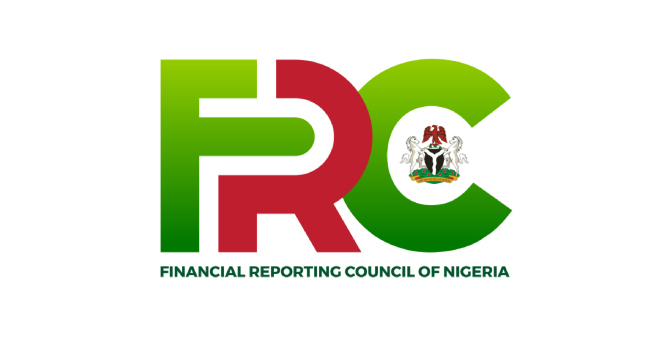The Fiscal Responsibility Commission (FRC) has called for strong support across Nigeria’s geopolitical zones for the controversial Tax Reform Bills currently before the National Assembly.
Victor Muruako, Chairman of the Commission, made the appeal during an interaction with academics and journalists on the sidelines of the Fellowship Lecture and Investiture Ceremony of the Capital Market Academics of Nigeria, held on Monday at the NDIC Academy in the Central Business District of Abuja.
The bills, developed by the Presidential Fiscal Policy and Tax Reforms Committee, have faced significant opposition from lawmakers and other stakeholders nationwide, resulting in the suspension of legislative action.
The bills include the Joint Revenue Board of Nigeria (Establishment) Bill, 2024; Nigeria Revenue Service (Establishment) Bill, 2024; and the Nigeria Tax Bill, 2024.
Muruako disclosed that a thorough analysis by the Fiscal Responsibility Commission revealed no provisions in the bills that could be considered biased towards any region or section of the country. In a statement issued by the Commission on Tuesday, the Executive Secretary appealed to stakeholders across all geopolitical zones to support the bills due to their transformative potential and benefits for all Nigerians.
“The bills foster a more equitable distribution of resources among Nigeria’s federating states,” Muruako emphasized.
He further explained that the reforms are designed to benefit Nigerians at every level, particularly low-income earners and micro, small, and medium-scale enterprises (MSMEs).
Key benefits of the reforms include tax relief for low-income earners, with individuals earning less than N1.7 million annually paying lower income taxes. Businesses with turnovers below N50 million will be exempt from tax, and over 90% of small businesses will no longer pay profit tax. Additionally, the reform introduces a simplified tax system that significantly reduces the number of taxes and levies, increases revenue for sub-national governments by allocating a larger share of Value Added Tax (VAT) revenue to them, and improves the ease of doing business in Nigeria.
Muruako is confident that tax relief for low-income earners will boost household savings and capital formation. He believes that the resulting increase in small household investments will foster sustainable economic growth. He also noted that reducing the tax burden on small businesses would provide MSMEs with the space to grow organically, thereby contributing to a sustained rise in the nation’s GDP.
Regarding the recent controversies surrounding the bills, Muruako praised President Bola Tinubu for his democratic approach, allowing room for further dialogue on the matter.

